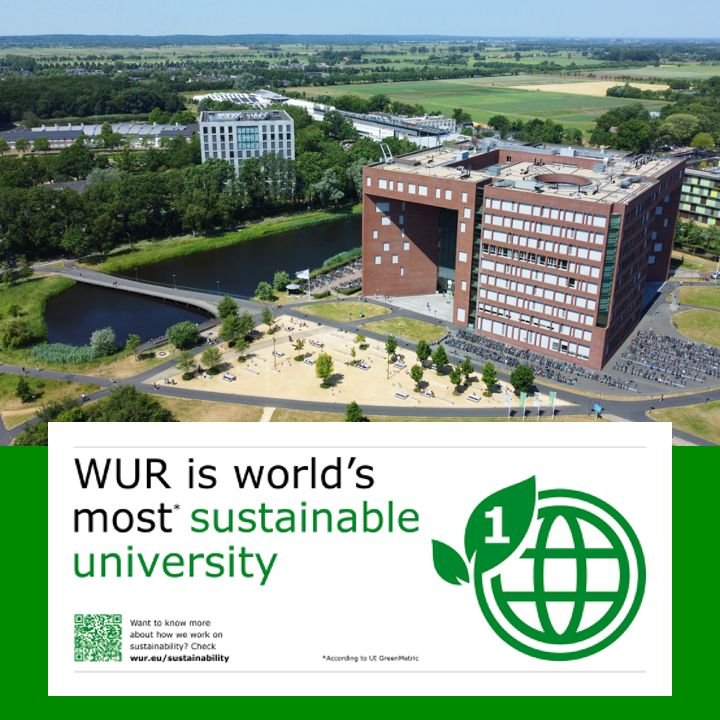
WUR Bee Research Programs: Supporting Global Sustainability, Peace, and Development
Wageningen University & Research (WUR) has launched several programs focused on the crucial role of bees in ecosystems through Bees@WUR. This initiative addresses bee health and mortality, examining how factors like diseases, pesticides, and food availability interact to impact bee populations. In light of the alarming decline in pollinators, which threatens global food security and biodiversity, WUR emphasizes the economic significance of bees, as they pollinate about 70% of crops essential for human consumption. Among its key initiatives is the BETTER-B project, a four-year effort to enhance beekeeping resilience against climate change and habitat loss. This initiative seeks to harmonize modern practices with natural processes to improve honey bee colonies' adaptation. WUR's commitment extends to collaborations that optimize bee health and pollination services, contributing substantially to the United Nations' Sustainable Development Goals (SDGs). Each project within WUR's sustainability framework explicitly aligns with these global priorities, underscoring the university's dedication to researching sustainable solutions for bee populations and the farmers reliant on their pollination services. These efforts aim to foster resilient bee systems capable of withstanding environmental challenges while continuing to deliver essential ecosystem services.

Wageningen University's Collaboration with Businesses for Sustainable Development: The Path to Zero Hunger
Wageningen University & Research (WUR), located in the Netherlands’ Food Valley, is a leading institution in life sciences, particularly in agriculture. Established in 1876, it is renowned for its commitment to sustainability, ranking as the world's top university for agricultural sciences and sustainable agriculture for several consecutive years. WUR’s mission focuses on balancing human needs, the environment, and the economy, aligning with the United Nations’ Sustainable Development Goals. WUR actively collaborates with businesses, governments, and civic organizations to translate research into practical applications that benefit society. These partnerships provide companies with access to cutting-edge research and sustainability expertise, fostering innovation and enhancing competitiveness. Businesses can engage with WUR through various avenues, including research projects, the Wageningen Data Competence Center, and tailored professional courses from Wageningen Academy. WUR's commitment to impactful research is further exemplified in its vibrant Wageningen Campus, which serves as a hub for innovation, bringing together companies, educational institutions, and research facilities. This collaborative framework aims to develop solutions for global challenges, ultimately contributing to a more sustainable and resilient future.

God created the Sea, but the Dutch created The Kingdom of The Netherlands
The Netherlands has a rich history of land reclamation, dating back over 2,000 years when the Frisians first settled and built terpen (earth mounds) for flood protection. This struggle against water became integral to Dutch culture, with significant efforts to hold back the North Sea. Major floods, such as the St. Lucia's Flood in 1287 and the 1953 disaster, underscored the challenges faced. Land reclamation evolved significantly during the medieval period with basic dikes, advancing in the sixteenth century through windmill technology, which enabled more efficient drainage and the creation of polders—arable lands reclaimed from water. By the seventeenth century, projects like the Beemster Polder showcased highly organized and advanced engineering techniques. Today, the Netherlands boasts around 3,000 polders, with about half of its land area reclaimed from the sea. As of 1961, 18,000 square kilometers were added, and approximately 27% of the land lies below sea level, housing over 60% of the population. The phrase "God created the world, but the Dutch created the Netherlands" epitomizes national pride in this extensive transformation and innovation in water management.